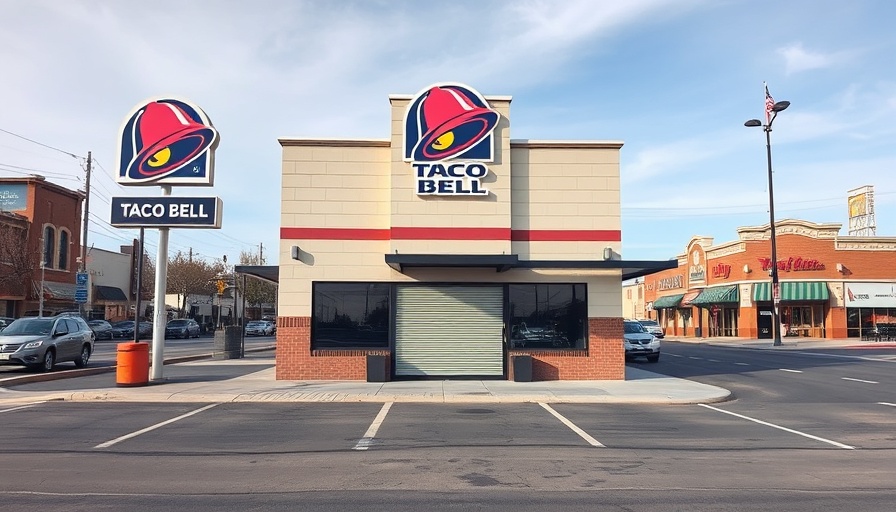
The Unraveling of Taco Bell in Australia: A Case Study
Taco Bell's journey in Australia has been marked by a promising start but ultimately culminates in a significant setback as the brand's local operator announces plans to exit the market. This move not only raises questions about Taco Bell's future in international markets but also shines a light on the broader challenges and intricacies of restaurant operations in unfamiliar territories. As global brands like Taco Bell explore new frontiers, their experiences provide valuable lessons for the fast-food industry.
Understanding the Context
The announcement comes amidst various economic headwinds that have impacted the restaurant industry overall.
Additionally, consumers’ shifting preferences towards healthier options and enhanced dining experiences further complicate the operational landscape for fast-food giants. Taco Bell, known for its innovative and often controversial menu items in the U.S., struggled to tailor its offerings to Australian tastes effectively. The market dynamics in Australia proved starkly different, challenging the brand’s adaptability.
Lessons Learned from Taco Bell’s Australia Experience
This implosion serves as a critical reminder for global brands: localization is key. Taco Bell's failure to align its menu with local preferences reveals the necessity for companies to conduct thorough market research prior to expanding. Fast-food giants must understand not only cultural tastes but also local trends in technology.
The rise of digital ordering, food delivery apps, and sustainability concerns are becoming integral players in consumer decisions. Companies must innovate quickly to keep pace.
A Glimpse into the Future of Fast Food
As we reflect on Taco Bell's retreat from Australia, it prompts us to speculate about the future of the fast-food sector. Will technology here be a significant disruptor? Advances in food delivery systems, autonomous kitchen technology, and even blockchain for supply chain transparency could reshape operational strategies.
With these advancements, Taco Bell and similar brands have the opportunity to rethink their market approaches globally. The takeaway? Remaining relevant means adapting to consumer preferences with innovative tech solutions.
The Role of Tech in the Restaurant Industry
In today's fast-paced tech landscape, successful brands leverage the newest technologies to streamline operations and enhance customer engagement. Whether it’s using AI for personalized marketing or employing tech in kitchen processes to reduce waste, innovation is paramount.
Some restaurants are employing robotic chefs to increase efficiency, showcasing the convergence between gastronomy and technology. Taco Bell’s experiences could signal an opportunity: learning from missteps abroad to innovate at home, potentially worth billions in investment when aligned with breakthrough technology.
Conclusion: Navigating Challenges
Taco Bell's planned exit underscores the unpredictable nature of international business ventures, particularly in the fast-food sector. As brands strive for global expansion, they must emphasize technological advancements and adaptability to consumer trends. This incident will surely serve as a case study for future businesses pondering international growth strategies.
Knowing these shifts in consumer tastes and the role of technology in global markets can help businesses align their operations with customer expectations. As the fast-food landscape evolves, it will increasingly be a balancing act of technology and local adaptation.
 Add Row
Add Row  Add
Add 




Write A Comment